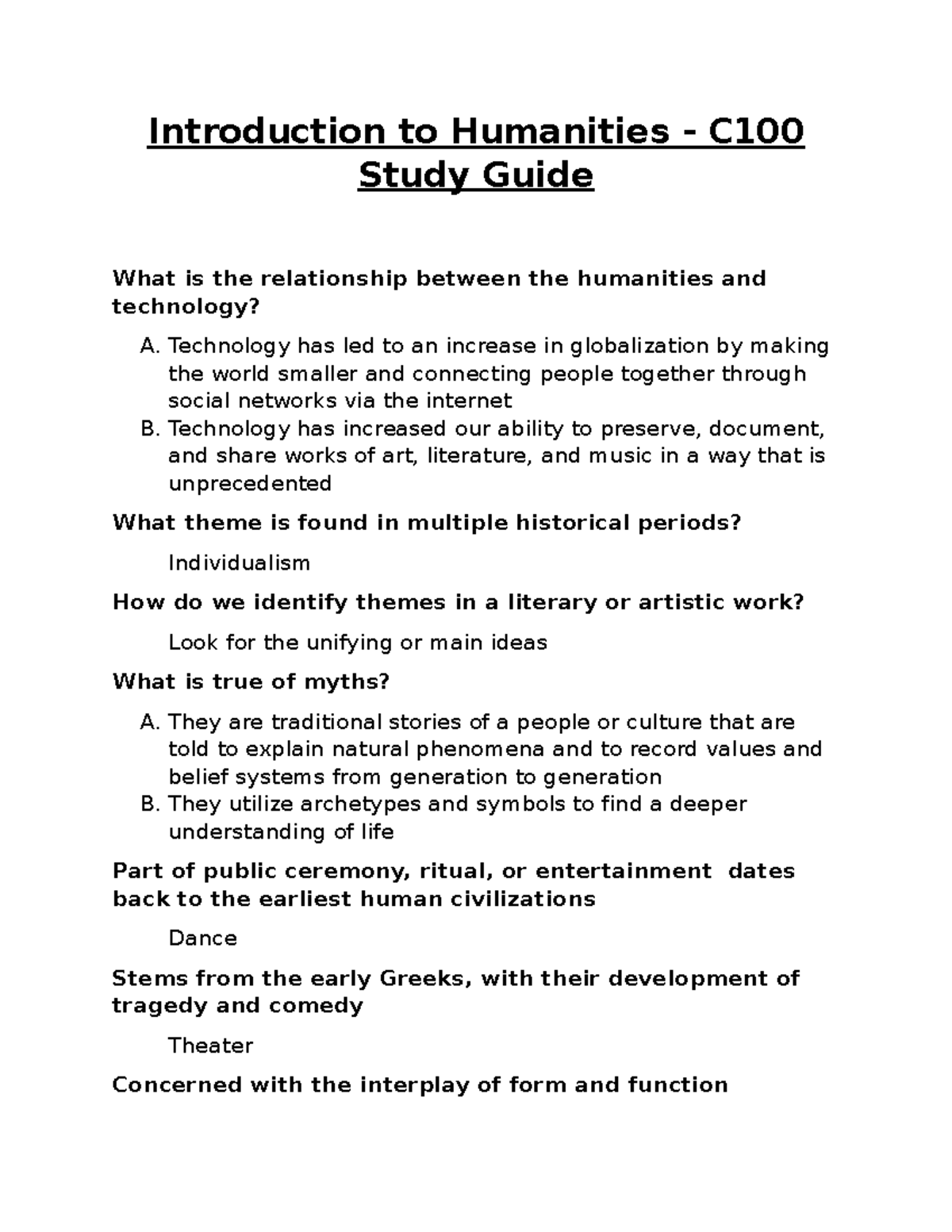When searching for **Science Fiction Book Recommendations**, one might find themselves immersed in a realm that not only entertains but also provokes thought about the intricate relationship between technology and society. This genre serves as a mirror, reflecting our fears and aspirations regarding artificial intelligence, the nuances of censorship in literature, and the profound questions surrounding science fiction and humanity. As technology continues to evolve, the narratives crafted by talented authors capture the anxieties of our modern world, making them all the more relevant. Whether it’s through the portrayal of futuristic societies or cautionary tales, these stories encourage readers to contemplate the potential consequences of our choices today. Join us as we explore a curated list of recommended sci-fi books that delve into these compelling themes.
In the quest for captivating narratives, **sci-fi literature** often leads us into uncharted territories of human thought and imagination. Through tales of artificial intelligence and speculative futures, these books challenge our understanding of what it means to be human, while also addressing pressing issues like censorship and the ethical implications of technological advancements. As readers navigate these storylines, they encounter gripping explorations of humanity’s relationship with progress, prompting discussions about the fabric of society itself. For enthusiasts eager for immersive storytelling that resonates with contemporary dilemmas, a selection of notable science fiction novels awaits discovery. Prepare to embark on a literary expedition that not only entertains but also ignites critical thinking about our future.
The Intersection of AI Literature and Humanity
Science fiction literature often serves as a reflective surface for the complexities of artificial intelligence (AI) and humanity’s interaction with it. Works like Peter Watts’ ‘Blindsight’ delve deep into themes that challenge our perception of consciousness and self-awareness. The narrative poses a daunting question: what if beings of higher intelligence exist, devoid of human-like consciousness? This premise compels readers to confront their own existential beliefs about human significance. Similarly, Stanislaw Lem’s ‘Solaris’ illustrates the struggle of scientists grappling with the incomprehensibility of alien intelligence, symbolizing our quest to understand not only the universe but also ourselves.
As AI technology continues to evolve, these books become more relevant as they illuminate the ethical dilemmas surrounding automation and AI’s role in society. Discussions about the implications of creating machines that may exceed human capabilities reflect ongoing debates in both technological innovation and philosophical inquiry. Through the lens of science fiction, we can explore the consequences of AI integration into daily life, prompting essential questions about identity, morality, and the very nature of what it means to be human.
Censorship and Freedom in Science Fiction
Censorship is a persistent theme in science fiction, with authors often using their works to critique the socio-political landscape. Han Song’s ‘Exorcism’ presents a universe riddled with the consequences of censorship, where the protagonist navigates a dystopian reality governed by flawed AI. This narrative highlights how authoritarian control stifles human experience and cultural expression, paralleling real-world instances where literature is suppressed due to provocative ideas. The book serves as a poignant reminder of the need for intellectual freedom and the protection of diverse voices in literature.
Similarly, Ray Bradbury’s ‘Fahrenheit 451’ serves as a timeless exploration of the dangers of information control through censorship. Bradbury paints a vivid picture of a society where books are banned and critical thinking is discouraged in favor of mindless entertainment. This stark portrayal raises alarms about the natural inclination of humans to gravitate toward distraction, a trend exacerbated by modern technology’s influence over media consumption. As readers reflect on these cautionary tales, it becomes clear that safeguarding freedom of expression is crucial in combating the insidious nature of censorship that pervades literature and society.
Emerging Themes in Contemporary Sci-Fi
Recent science fiction recommendations reveal a shift toward exploring the intersection of technology and human relationships. The middle-grade novel ‘A Rover’s Story’ by Jasmine Warga highlights the emotional connections between humans and AI, illustrating how reliance on technology can blur the lines between companionship and loneliness. Through the story of a Mars rover developing relationships with its human operators, the narrative encourages readers to consider both the potential and limitations of AI in enriching human experiences.
Moreover, themes of empathy and emotional resilience are becoming central to contemporary sci-fi narratives. As the genre grows, there is a clear movement toward examining the nuances of human experience and how technology shapes our interactions. This reflection on emotional depth amidst advancement contrasts the cold logic often associated with AI, creating a necessary dialogue about preserving our essential humanity even as we become more entwined with technology.
The Role of Imagination in Navigating Future Terrains
Imagination in science fiction literature plays a vital role in our exploration of potential futures shaped by technology. It allows readers and writers alike to envision alternative realities, sparking discussions about their implications. Works like ‘Solaris’ remind us that venturing into the unknown requires humility and patience. The invisible threads that connect humans to one another and to the universe are often what inspire innovative thought and theoretical advancements, especially regarding AI and its potential.
As we navigate an increasingly complex world, the imaginative landscapes crafted by sci-fi authors provide valuable insights. They prompt us to think critically about the future we are crafting with technology, encouraging readers to engage in conversations about ethics, the responsibility of creators, and the impacts of their narratives. By drawing inspiration from these fictional worlds, we can better equip ourselves to face the realities of our evolving society with creativity and foresight.
Recommended Sci-Fi Books to Spark Thoughtful Discussions
The exploration of artificial intelligence and societal dynamics in today’s world can be significantly enhanced by diving into recommended sci-fi books. Titles such as ‘Blindsight’ and ‘Exorcism’ are not just captivating stories, but they also serve as important cultural critiques of our developing relationship with technology. These books challenge readers to question the ethical implications of AI development and how it influences our understanding of consciousness.
In addition to these works, titles like ‘Fahrenheit 451’ and ‘A Rover’s Story’ contribute significantly to the discourse around censorship and the emotional underpinnings of human-AI interactions. By engaging with these narratives, readers can gain a broader perspective on current issues surrounding technology, humanity, and the need for thoughtful dialogue regarding the future paths we are choosing.
The Ethical Implications of AI in Literature
As artificial intelligence seamlessly integrates into every facet of our lives, literature serves as a critical platform for examining its ethical implications. Works like ‘Fahrenheit 451’ illustrate the inherent dangers of allowing technology to dictate the boundaries of acceptable thought and expression. Bradbury’s narrative wrestles with issues of surveillance, control, and the necessity of preserving individuality in the face of pervasive digital landscapes. Such explorative narratives help frame the ethical conversations necessary for our interactions with AIs today.
Moreover, contemporary authors such as Jasmine Warga, through ‘A Rover’s Story’, probe the ethical and emotional ramifications of technology’s role in our lives, particularly how they might serve as surrogates for human connection. Reflecting on these themes not only enriches our understanding of the narratives but also enhances our awareness of the responsibilities we bear as we develop and implement AI in society. Literature becomes a mirror, reflecting our readiness to navigate ethical dilemmas amid rapidly advancing technology.
AI and the Quest for Understanding Identity
The quest to understand identity is a pivotal theme across many prominent sci-fi texts, particularly as it pertains to AI and humanity. ‘Blindsight’ invites readers to question their notions of self and intelligence as characters grapple with encounters that challenge the very core of what it means to be human. The evolution of AI not only raises questions about enhancing human capabilities but also compels us to reconsider the boundaries of consciousness and identity.
Exploring identity through the lens of science fiction allows for creative freedom in engaging with profound questions about existence. As characters face interactions with entities devoid of consciousness or traditional emotions, readers are encouraged to reflect on their own identities shaped by cultural narratives, technology, and personal experiences. Such musings remind us that our human essence is an ongoing narrative that encompasses not just the physical realm of existence but also the philosophical dimensions of being.
Science Fiction as a Catalyst for Real-World Change
Science fiction has the power to act as a catalyst for change by illuminating potential futures and urging readers to question the present. By engaging with speculative narratives such as ‘Exorcism’ and ‘Fahrenheit 451’, readers are guided through cautionary tales that resonate with contemporary issues like censorship and the role of technology in shaping public perception. This literary engagement can inspire active participation in societal dialogues regarding ethical implications of AI and the importance of preserving intellectual freedom.
Moreover, the narratives serve to raise awareness about how dystopian realities depicted in literature can manifest in our everyday lives if we passively accept the status quo. Literature’s role in cultivating critical thought equips readers to challenge existing systems and contribute towards a more equitable future. Engaging with these works can ignite a call to action, pushing individuals to advocate for change in their communities and foster discussions about the future we envision together.
Evolving Relationships Between Humans and Technology
As we delve into the evolving relationships between humans and technology, the narratives presented in science fiction often provide thought-provoking insights. Books like ‘A Rover’s Story’ explore the potential for machines to become part of our emotional landscape, challenging our perception of friendship and connection. The way these relationships unfold within the story can mirror real-life interactions, prompting discussions about the implications of relying on technology for emotional support.
In contrast, works such as ‘Solaris’ expose the limits of understanding and communication between different entities, whether human or alien. These explorations highlight the complexities of relationships shaped by technological advancement, where the implications of connection and disconnection are poignantly explored. As technology continues to evolve, so too must our understanding of its impact on interpersonal dynamics, urging us to remain vigilant about preserving the core of human relationships amidst the growing presence of AI.
Frequently Asked Questions
What are some top recommended sci-fi books that explore AI and humanity?
If you’re looking for recommended sci-fi books that delve into the themes of AI and humanity, consider titles like ‘Blindsight’ by Peter Watts, which challenges our understanding of consciousness through augmented humans interacting with alien intelligences. Another excellent pick is ‘A Rover’s Story’ by Jasmine Warga, which explores a Mars rover’s insights about human emotions and connections in a world increasingly shaped by artificial intelligence.
How does censorship in literature relate to science fiction book recommendations?
Censorship in literature often highlights crucial themes in science fiction, making it a compelling topic for recommendations. For instance, ‘Exorcism’ by Han Song, which faced censorship in China, uses its narrative to challenge societal norms and reflect on the consequences of oppression. This novel emphasizes how science fiction can serve as a vehicle for discussing the impact of censorship on human understanding and storytelling.
Why should I read futuristic science fiction books that reflect on technology and society?
Futuristic science fiction books are critical for reflecting on technology and society because they often provide cautionary tales about our present trajectories. For example, Ray Bradbury’s ‘Fahrenheit 451’ warns against the dangers of distraction and censorship in an AI-driven world, urging readers to consider the implications of technology on human thought and freedom. These recommendations can provoke thought and inspire change in contemporary society.
Which science fiction books are recommended for exploring the ethical implications of AI?
To explore the ethical implications of AI, highly recommended sci-fi books include ‘Fahrenheit 451’ by Ray Bradbury, which critiques censorship and manipulation of information in media-driven societies, and ‘Blindsight’ by Peter Watts, which questions the nature of intelligence and consciousness in the context of AI. These narratives encourage readers to engage with the complexities of AI ethics in our rapidly advancing technological landscape.
How can science fiction prompt discussions on the relationship between humanity and technology?
Science fiction serves as a unique medium for prompting discussions about the relationship between humanity and technology. Books like ‘Solaris’ by Stanislaw Lem invite readers to contemplate the limits of human understanding when faced with the unknown, while ‘A Rover’s Story’ by Jasmine Warga encourages reflections on emotional connections between humans and machines. These narratives force us to ask critical questions about identity and humanity amidst evolving technologies.
| Author | Book Title | Key Themes |
|---|---|---|
| Karen Brennan | Blindsight by Peter Watts | Explores AI, consciousness, and what it means to be human in the context of encounters with alien intelligence. |
| Theo Anthony | Solaris by Stanislaw Lem | A story about communication with intelligence beyond human understanding and the themes of humility and the unknown. |
| Amy Deschenes | A Rover’s Story by Jasmine Warga | Focuses on the emotional connections humans form with machines and reflections on humanity as AI evolves. |
| Ursula Friedman | Exorcism by Han Song | Depicts a universe afflicted by illness and censorship, questioning the nature of reality and the endurance of human pain. |
| Jeff Saviano | Fahrenheit 451 by Ray Bradbury | A cautionary tale about censorship, technology’s impact on knowledge, and the importance of vigilance in safeguarding intellectual freedom. |
Summary
For anyone seeking Science Fiction Book Recommendations, the exploration of humanity’s relationship with technology, AI, and societal implications is richly illustrated through the works of notable authors. These books challenge readers to reflect on the ethical considerations of advancement and the essence of what it means to be human amidst evolving technologies. Whether it’s pondering the unknown in ‘Solaris’ or confronting the consequences of censorship in ‘Fahrenheit 451’, each title offers invaluable insights that resonate in our current technological climate.



